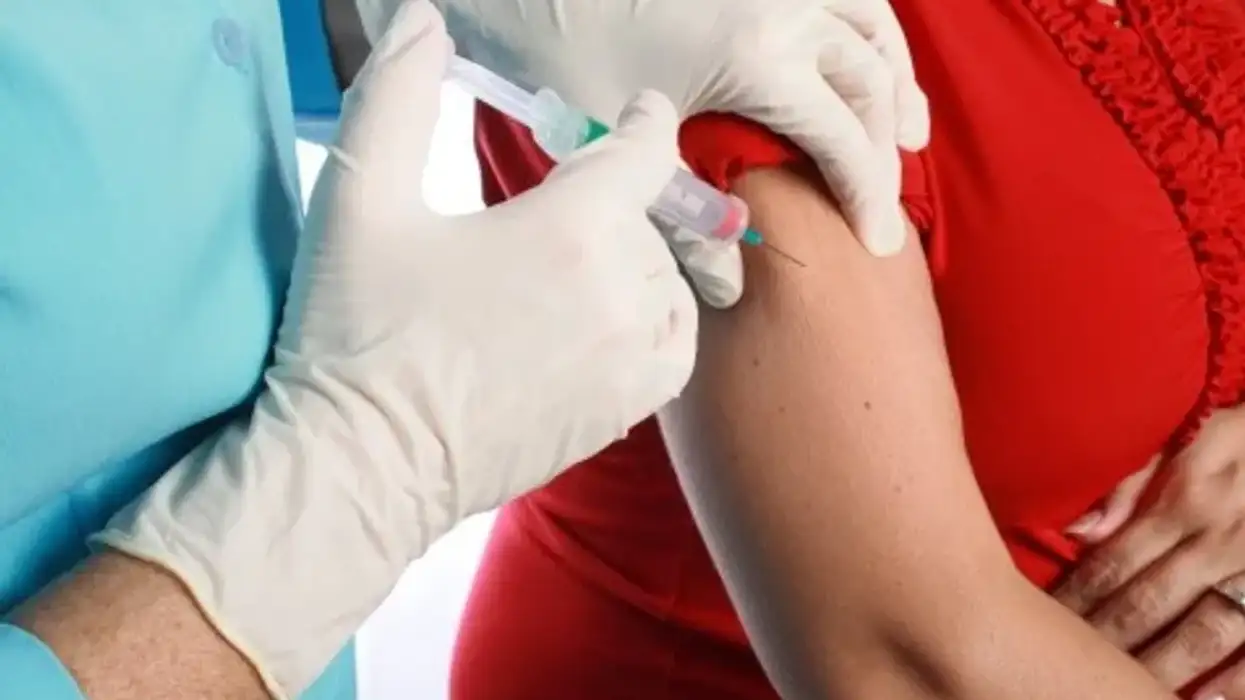The report also suggested expanding the community pharmacy contractual framework to enable community pharmacy to deliver medicines reviews
Pharmacy technicians and assistants should be enabled to talk to patients about their medications to improve medicines adherence, a new report has recommended.
The report, How medicines optimisation contributes to population health, published recently by policy institute Public Policy Projects, highlighted that non-adherence to medicines remains a critical issue, with an estimated 30 to 50 per cent of medicines for long-term conditions not taken as prescribed.
“There is an untapped opportunity to leverage community pharmacy, which is often patients’ most frequent point of contact with the NHS, to improve medicines adherence,” the report stated.
It has urged the NHS England and the Department of Health and Social Care (DHSC) to consider “how to better utilise the skill mix across the whole pharmacy team” as part of future workforce reform to improve medicines adherence.
For example, it suggested enabling pharmacy technicians and assistants to counsel patients on their medications.
“This would more effectively distribute workload, freeing up time for pharmacists to take a more strategic role in population health management,” the report noted.
With discussions ongoing about the new Community Pharmacy Contractual Framework (CPCF) for 2024/25 and 2025/26 between Community Pharmacy England (CPE), NHS England, and DHSC, the report also recommended expanding the contract to allow community pharmacy to deliver medicines reviews.
“By capitalising on community pharmacy’s frequent interactions and strong relationships with local communities, enabling the sector to conduct medicines reviews would reduce pressure across systems and allow patients more flexible and convenient access to care,” it said.
Furthermore, the report argued that the current workforce model is not sufficient to support the community pharmacy sector to deliver contracted services and enable additional service delivery.
It suggested mandating a minimum of two pharmacists in community pharmacies – one to support medicines supply and the other for the delivery of clinical services – as part of future workforce planning.
The report is based on insights from a roundtable discussion with pharmacy experts, chaired by Minesh Parbat, chief pharmacist at NHS Shropshire, Telford and Wrekin ICB.
Attendees included ICB chief pharmacists, acute trust chief pharmacists, pharmacy policy experts, NPA board members, directors of pharmacy integration, and pharmacy technicians.
Parbat said: “The findings in this report underscore pharmacy’s ability to go further to improve health outcomes through medicines optimisation and the potential to deliver pharmaceutical interventions to target health inequalities more broadly.”
“In particular, by leveraging the frequent patient contact seen by community pharmacies, we can go further to support the improvement of medicines adherence, which in turn supports the NHS to gain the maximum value out of the medicines it purchases.”
He also emphasised the need to integrate pharmacies into broader healthcare and data systems to ensure patients receive timely and effective care, which will also benefit the wider NHS.
Other key recommendations
Here are some other recommendations from Public Policy Projects –
- NICE should investigate the feasibility of prioritising patient populations depending on clinical need for newly approved medicines.
- NHS England and DHSC should consider expanding the role of community pharmacies in delivering all adult vaccinations to address declining uptake rates.
- As Integrated Care Boards (ICBs) move toward full delegated commissioning, decision-makers should consider commissioning services in community pharmacy.
- NHS England should create a defined role for community pharmacy as part of Enhanced Access service delivery.
- ICBs should ensure pharmacy teams adopt a population health management approach to Structured Medicines Reviews and other pharmaceutical services, supported by the requisite digital capability.
However, the report underscored that persistent challenges facing the sector must be addressed for pharmacies to take a more central role in population health management.













